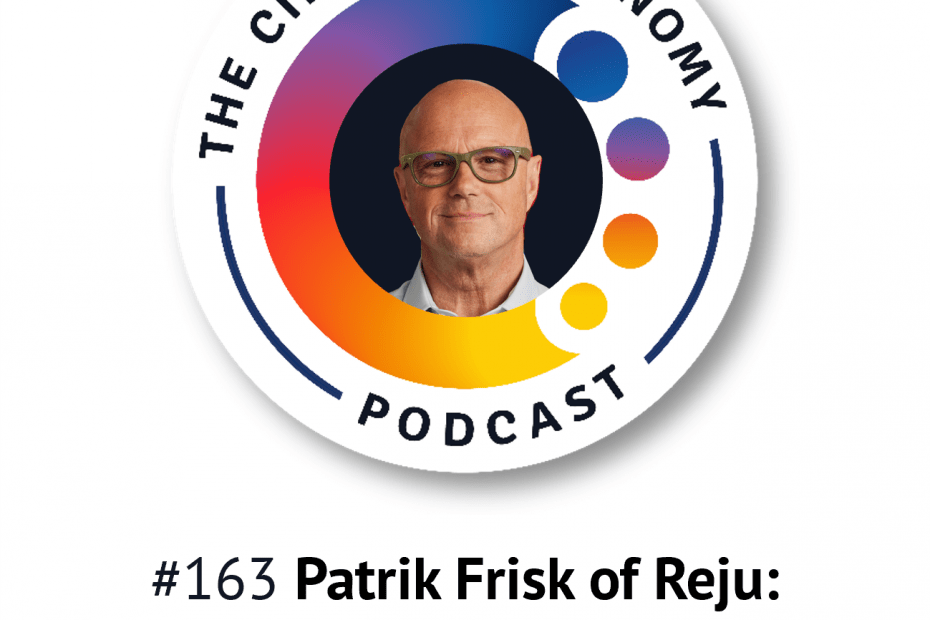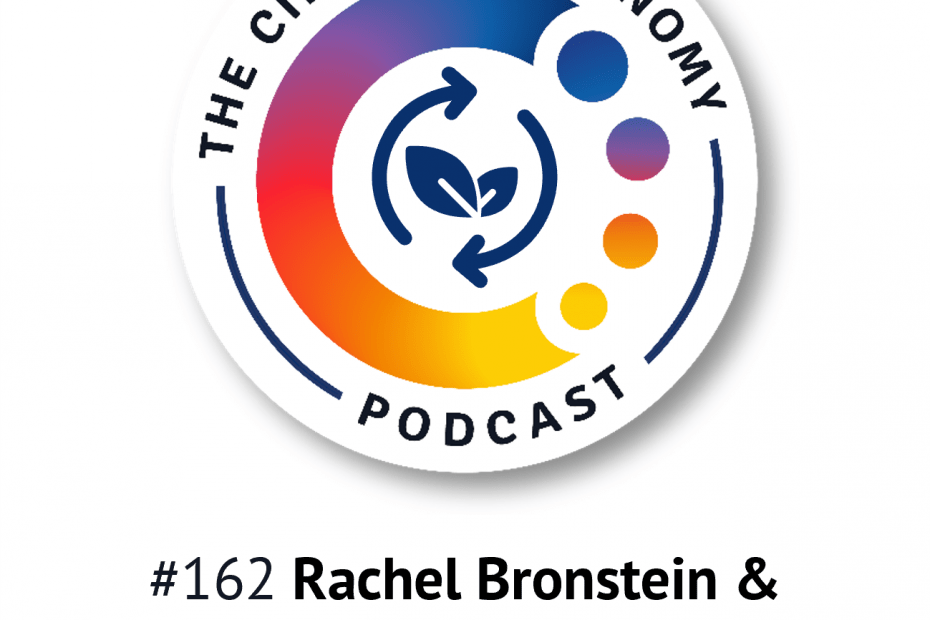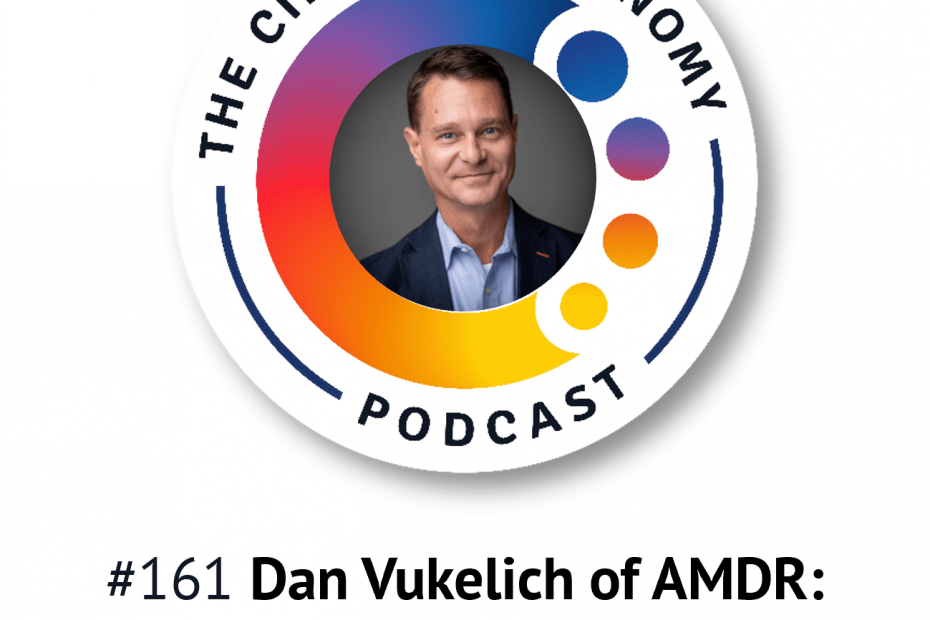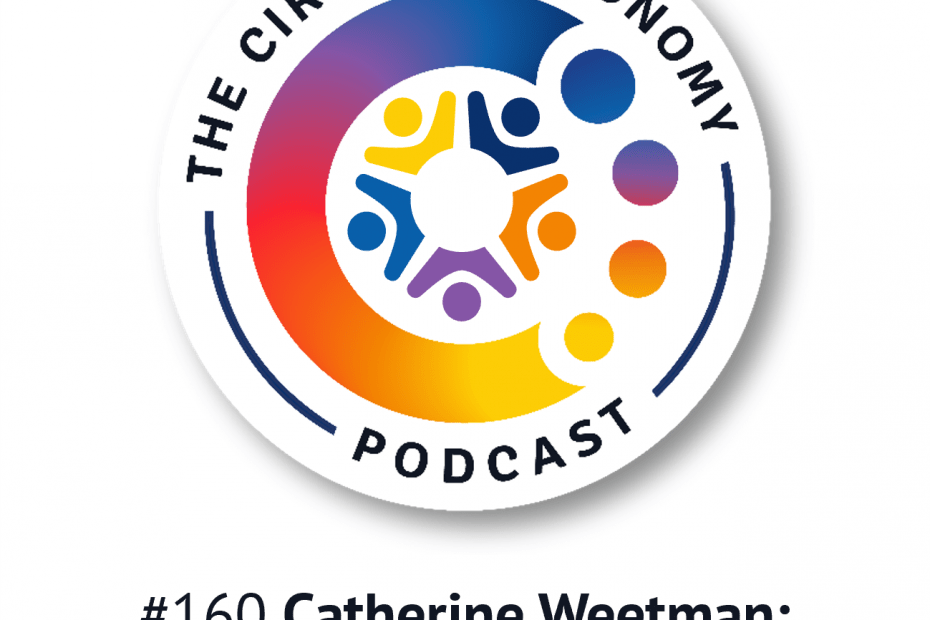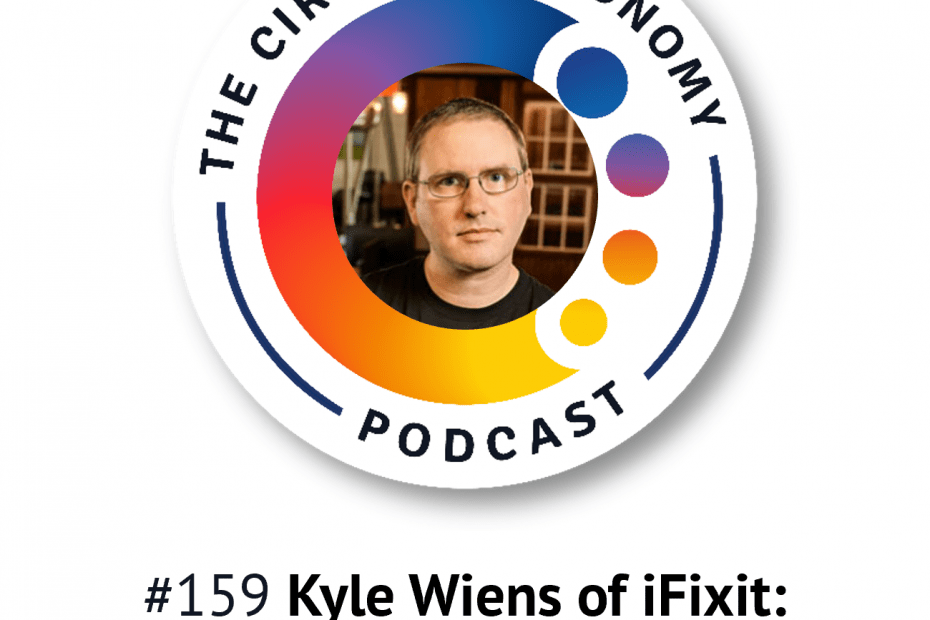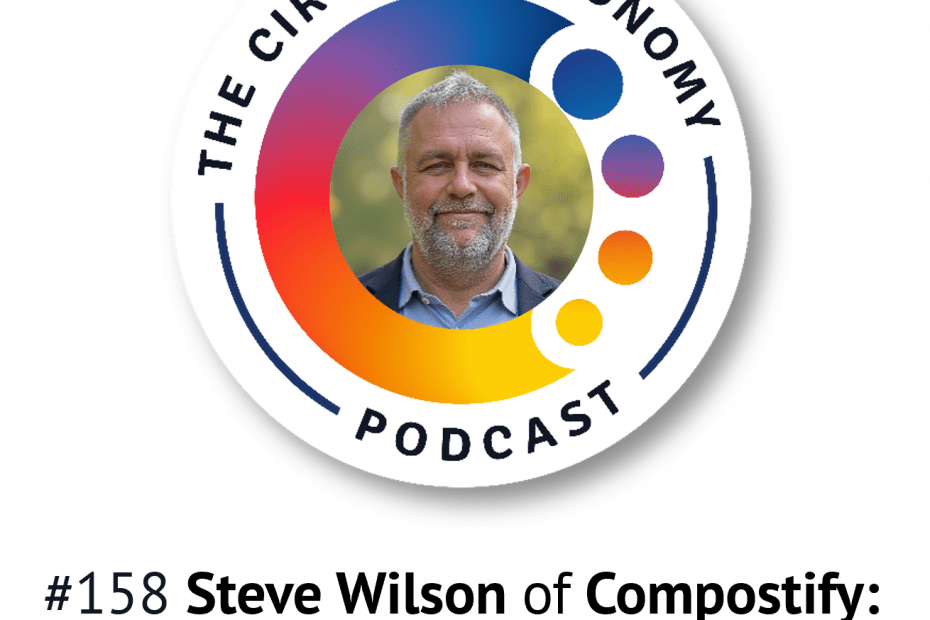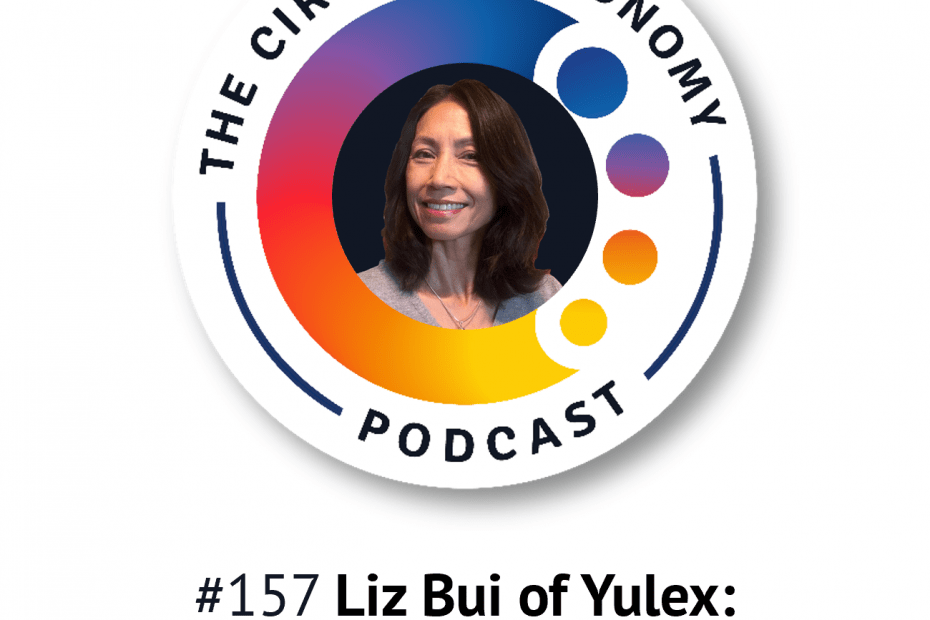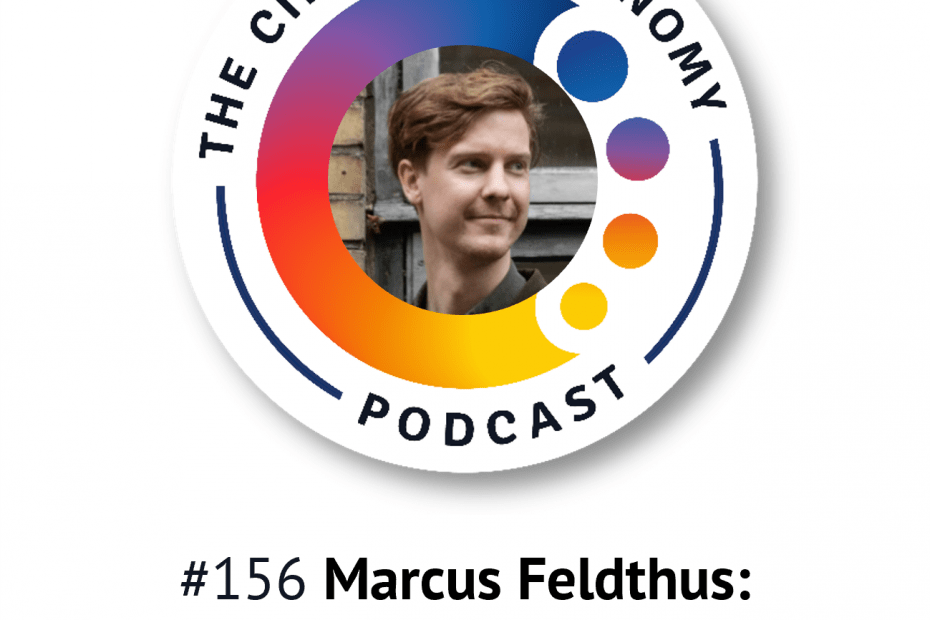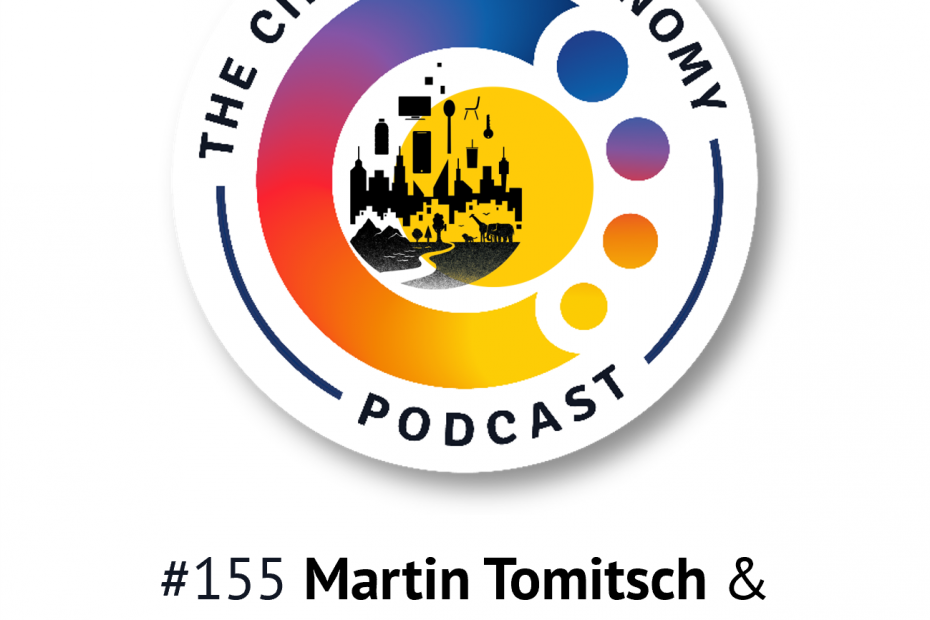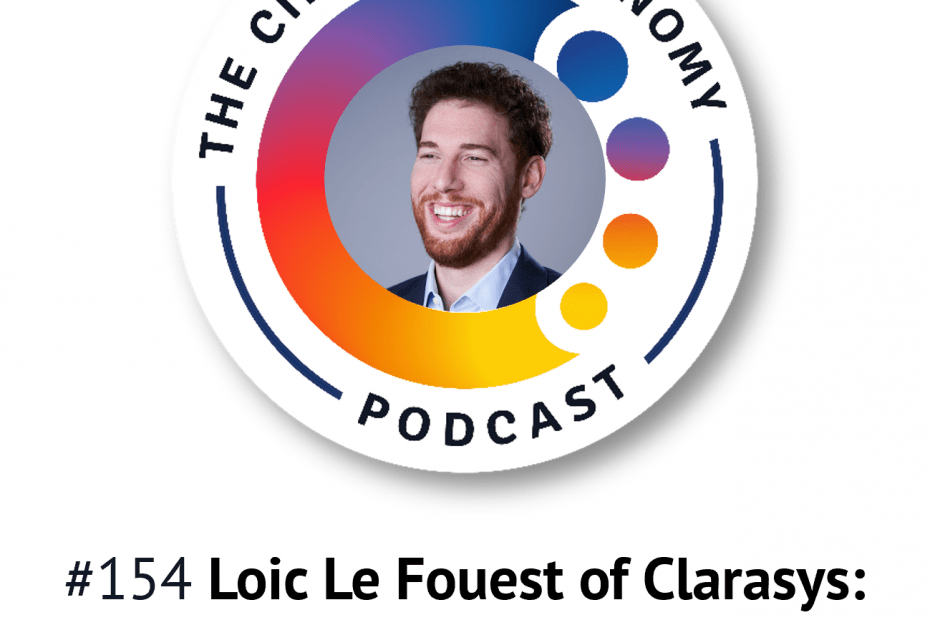163 Patrik Frisk of Reju: regenerating polyester textiles
We dig into the complexities of textile recycling with Patrik Frisk, who is working to create a circular economy for textile-to-textile polyester regeneration. Patrik is the CEO of Reju, a recent startup enabling polyester to be recycled at speed and scale.
Patrik has over thirty years’ experience of working in the apparel and footwear industries for globally recognised brands, joining Reju after 5 years as CEO at Under Armour. Patrik has extensive experience in textiles, including senior leadership roles at VF Corporation (the owner of outdoor brands including The North Face, Timberland, JanSport), the Aldo Group and W.L Gore & Associates, the makers of Gore-Tex.
Reju itself is a materials regeneration company focused on creating solutions for regenerating polyester textiles and PET waste. Reju is owned by Technip Energies and, as we’ll hear, it is using technology that originated from research by IBM.
Patrik explains the size of the problem, and the many complexities of trying to effectively recycle end-of-life clothing and textiles. We hear how brands and policymakers are responding to the growing issues caused by fast-fashion, including some legislation changes that are encouraging organizations to think differently, and to consider investing in proper recycling (not downcycling) technologies.
We discuss the challenges around logistics, infrastructure, how to deal with mixed fibres, and why being able to recycle mixed textiles into a clean, high quality polyester output is such a groundbreaking innovation.
